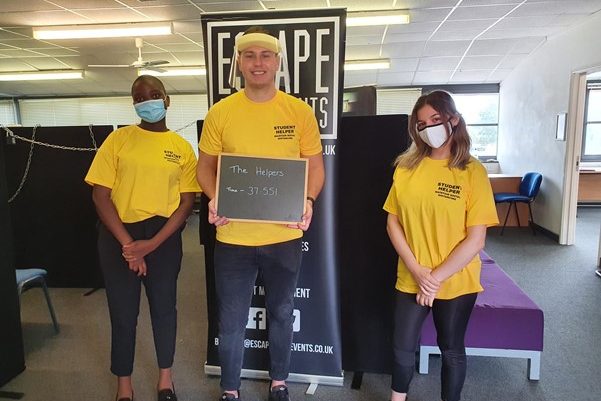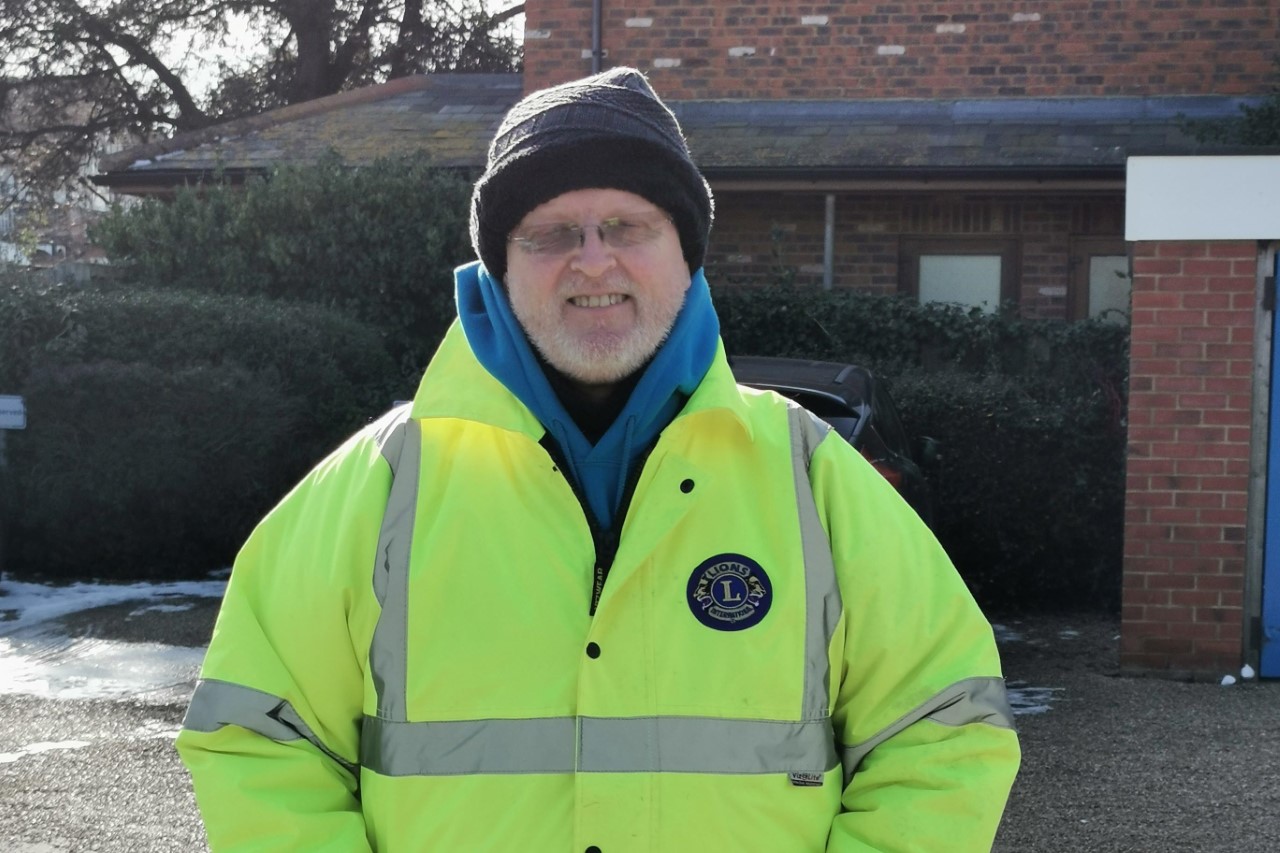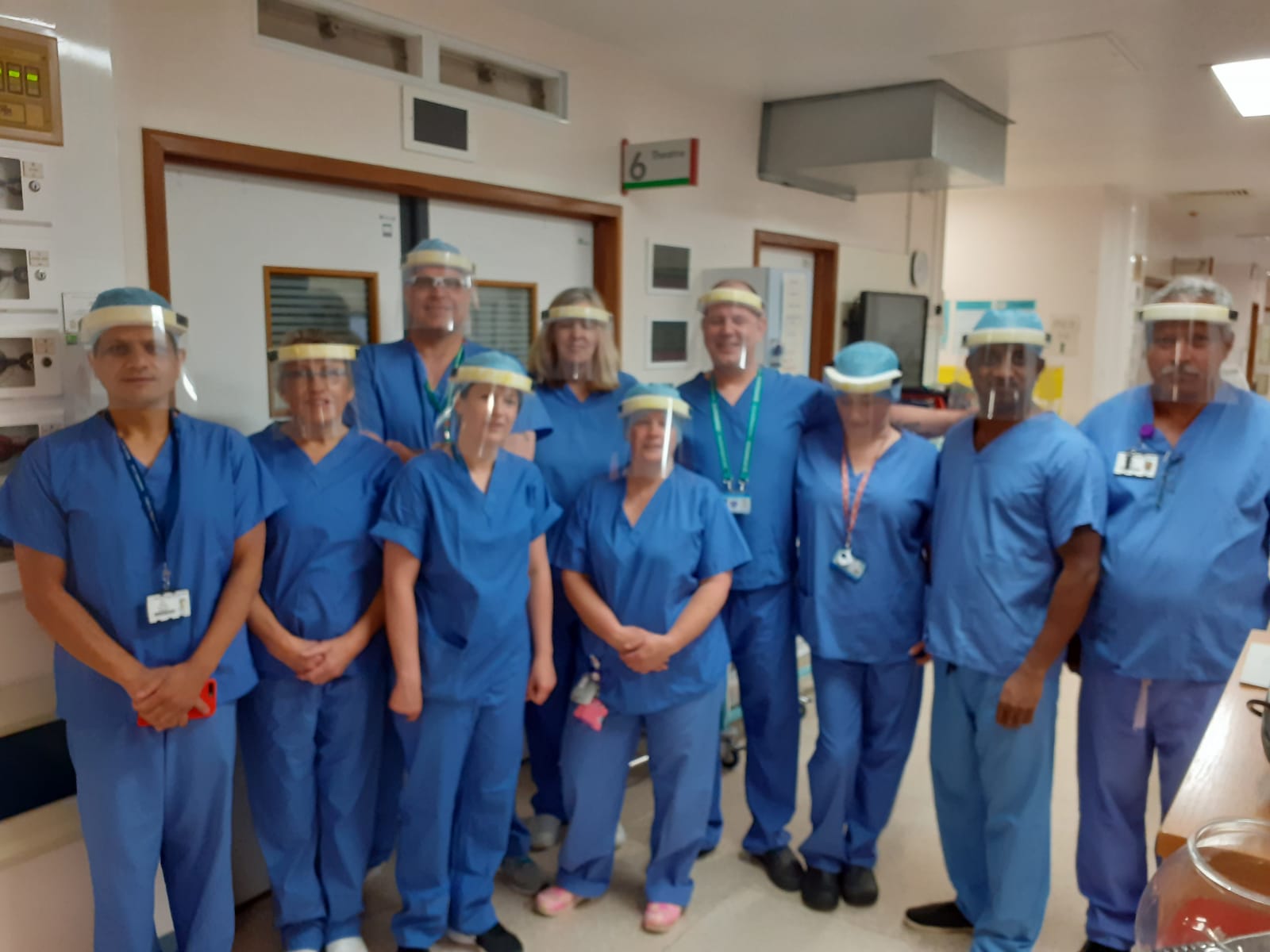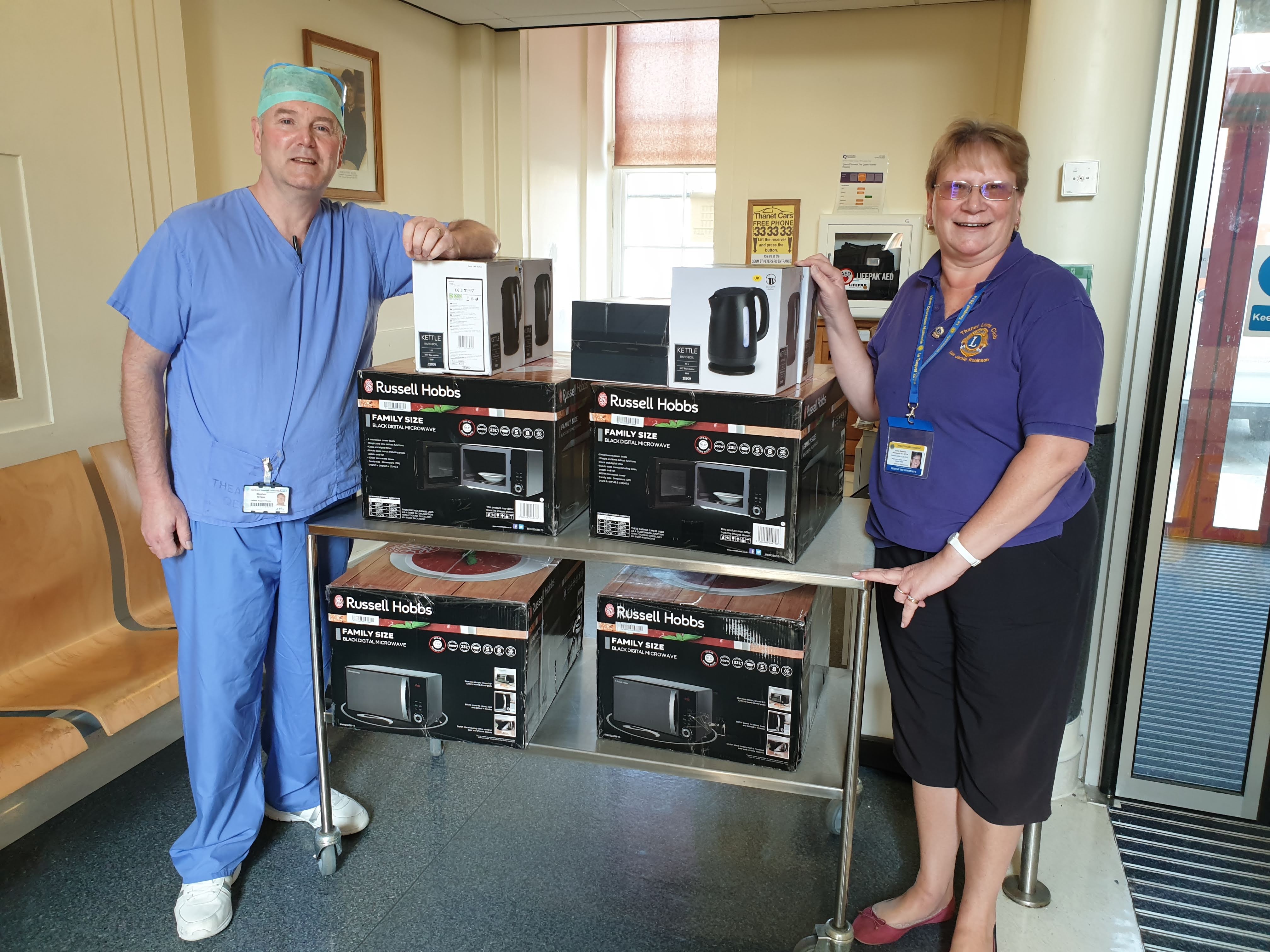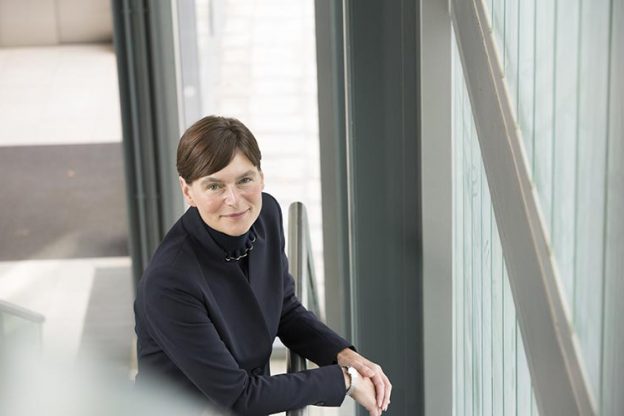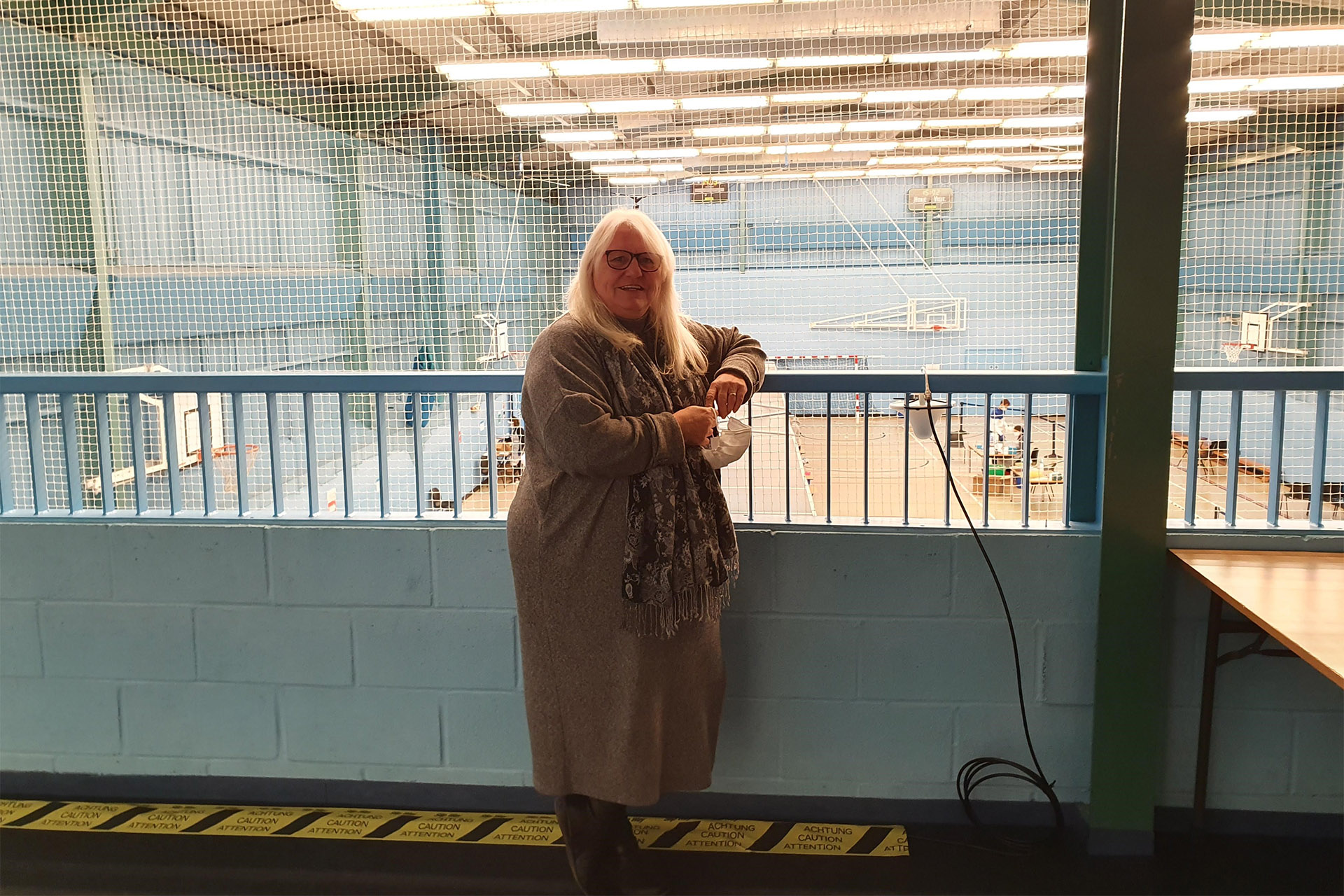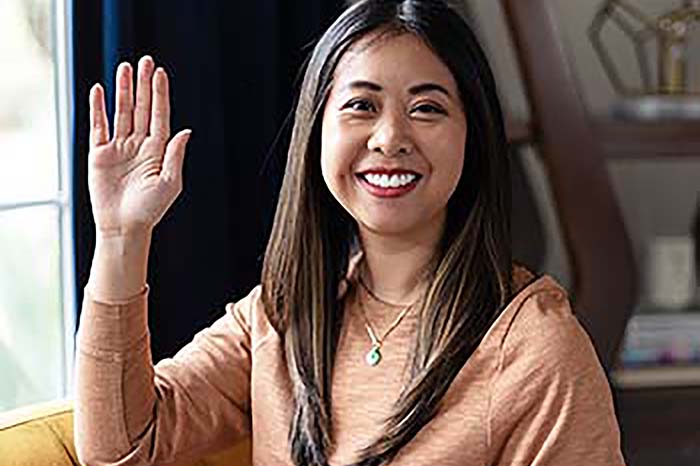Recruiting for a student-staff role? Get in touch with the Work-Study Scheme, you could be eligible for match-funding.
The Work-Study Scheme (based in the Careers & Employability Service) has some match-funding available to Professional Service Departments and Academic Divisions who want to hire student-staff this academic year*. We support Widening Participation students in securing paid work on- and off-campus, take them through a series of activities to ensure they are work-ready, including 1-2-1 CV and application advice, and skills workshops to build up their confidence, and support in applying and interviewing for work opportunities.
We advertise your vacancy to students, collate and send you the applications, shortlist to your requirements and support you in interviewing (if required), and undertake all right to work checks and employment paperwork. We take the student(s) on our cost code and manage their timesheets (sent to us by you) and pay.
Working whilst studying is a fantastic way for students to build confidence and skills, and having student-staff in your team can bring a fresh approach. Undertaking paid work really makes a difference to students’ lives, and helps them prepare for the world post-graduation:
“This scheme is the best resource the university has to offer. CV help, interview tips, unique job opportunities and an amazingly kind staff all combine to give you the best help out there.”
– Nicola, English & American Literature and Film (2020)
“Through your scheme and help I have achieved so much, I am not only more skilled but more confident and motivated to achieve my goals. Tomorrow I start my new role at the Civil Service, and honestly do not believe I would have been able to do it without the Work-Study Scheme.
Zoe, History and Politics (2018)
If you are interested in employing a Work-Study Scheme student, or to discuss any aspect of this, please contact: Hannah Greer / Jen Davey, Work-Study Scheme, Careers & Employability Service – workstudy@kent.ac.uk
*In order to be eligible for funding, the student being employed must be categorised as Widening Participation. We can check this; you do not have to, and we will only advertise the role to WP students, unless otherwise instructed. Funding is limited and will be allocated on a first-come, first-served basis, up to a maximum of £1000 per Academic School/Professional Service Department during 2020-21, and all work must be completed by July 2021.
